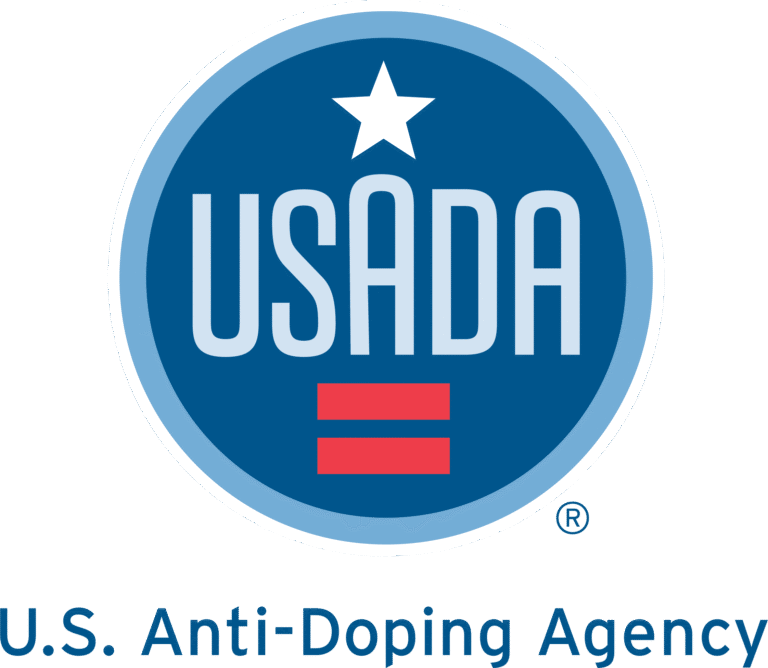Video Categories
20 seconds
Invest in Integrity | Protecting Oneself
Skeleton athlete Sam Allred shares why he invests in integrity in sport.
35 seconds
Invest in Integrity | Staying Healthy and Clean
Athletes Evan Bates (ice dancing), Katie McBeath (figure skating), Madison Chock (ice dancing), and a winter sport coach share why and how they invest in integrity in sport.
20 seconds
Invest in Integrity | Legacy in Sport
Athletes Madison Chock (ice dancing), Frank Ike (luge), Olivia Flores (figure skating), and Jason Brown (figure skating) share why and how they invest in integrity in sport.
20 seconds
Invest in Integrity | Staying True to Values
Athletes Katie McBeath (figure skating), Luke Wang (figure skating), Summer Britcher (luge), Isabeau Levito (figure skating), and Evan Bates (ice dancing) share why and how they invest in integrity in sport.
50 seconds
Invest in Integrity
Olympic gold medalists Evan Bates and Madison Chock share why they Invest in Integrity ahead of the 2026 Winter Games.
35 seconds
#AskUSADA – Is testing random?
On this episode of #AskUSADA, Elite Education Director, Tammy Hanson, discusses whether testing is random or targeted.
To learn more, click here.


